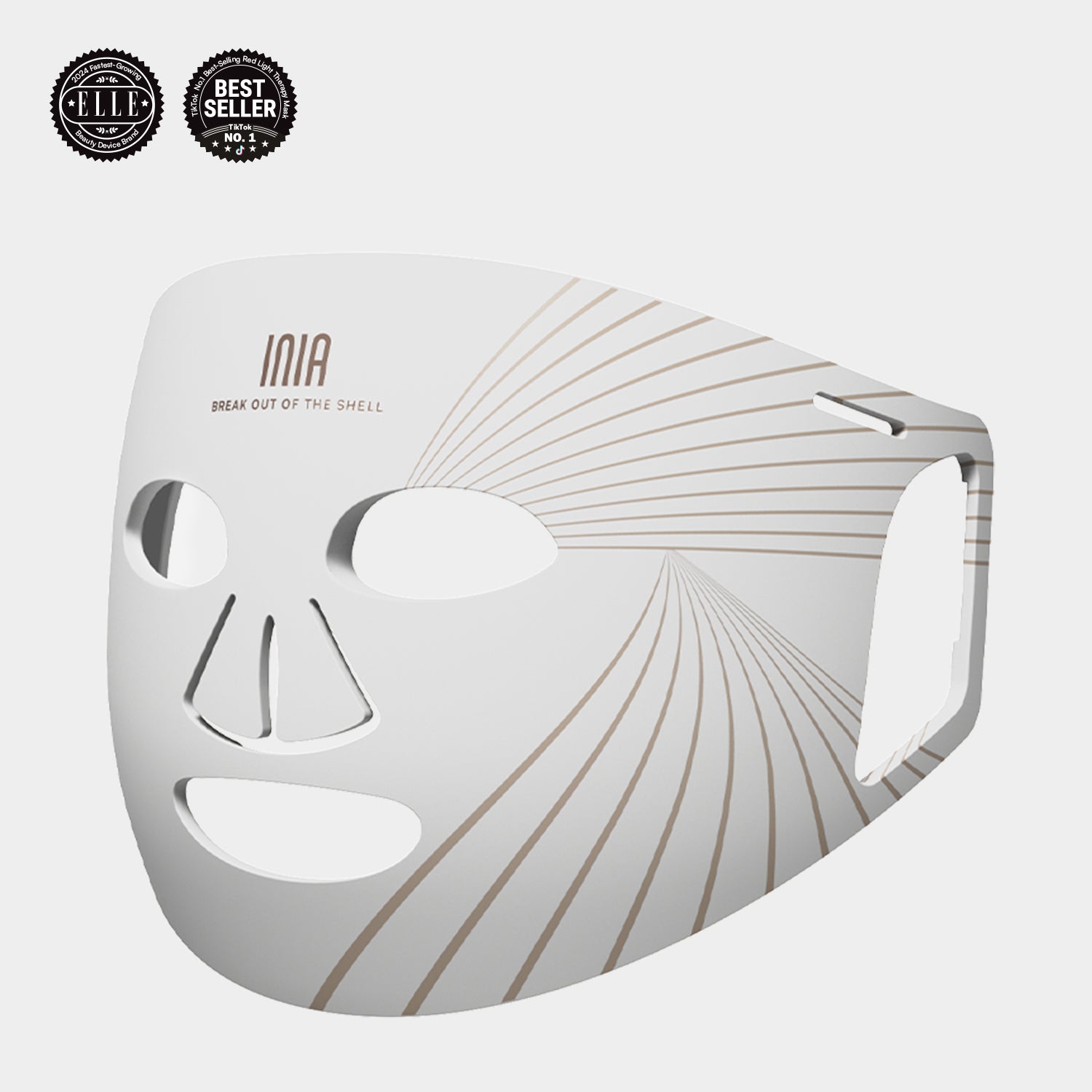Red light therapy, often referred to as low-level laser therapy (LLLT), has gained significant attention in recent years for its potential benefits in skincare and overall health. But what exactly is red light therapy, and how does it work? This article aims to provide a comprehensive understanding of this innovative treatment.

Understanding Red Light Therapy
Red light therapy utilizes specific wavelengths of light, typically between 600 to 650 nanometers, to penetrate the skin. This non-invasive treatment stimulates cellular processes, promoting healing and rejuvenation. The primary mechanism involves the absorption of light by mitochondria, the powerhouse of cells, which enhances energy production.
How Does Red Light Therapy Work?
When red light is absorbed by the skin, it triggers a series of biological responses. These include:
- Increased ATP Production: The light stimulates mitochondria to produce more adenosine triphosphate (ATP), the energy currency of cells.
- Enhanced Collagen Production: Collagen is essential for skin elasticity and firmness. Red light therapy promotes collagen synthesis, leading to smoother skin.
- Improved Circulation: The therapy enhances blood flow, delivering more oxygen and nutrients to the skin.
- Reduced Inflammation: Red light therapy has anti-inflammatory properties, which can help alleviate conditions like acne and rosacea.
Benefits of Red Light Therapy
Red light therapy offers a multitude of benefits, making it a versatile treatment option for various skin concerns and overall wellness:
- Skin Rejuvenation: Regular use can reduce fine lines and wrinkles, giving the skin a youthful appearance.
- Acne Treatment: By reducing inflammation and promoting healing, red light therapy can effectively treat acne.
- Wound Healing: The therapy accelerates the healing process for cuts and scars.
- Hair Growth: Some studies suggest that red light therapy can stimulate hair follicles, promoting hair regrowth in individuals with thinning hair.
Is Red Light Therapy Safe?
One of the most appealing aspects of red light therapy is its safety profile. Unlike other treatments, such as chemical peels or laser resurfacing, red light therapy is non-invasive and has minimal side effects. Most individuals experience no discomfort during sessions, making it an attractive option for those seeking skin improvement without the downtime associated with more invasive procedures.
Incorporating Red Light Therapy into Your Routine
If you're considering adding red light therapy to your skincare regimen, you might explore options like the . This innovative mask allows for convenient at-home treatments, ensuring you can enjoy the benefits of red light therapy regularly.
In conclusion, red light therapy is a promising treatment that harnesses the power of light to promote skin health and overall wellness. With its ability to enhance cellular function, reduce inflammation, and stimulate collagen production, it is no wonder that this therapy is becoming a staple in beauty and wellness routines worldwide. As always, consult with a healthcare professional before starting any new treatment to ensure it aligns with your individual needs.







